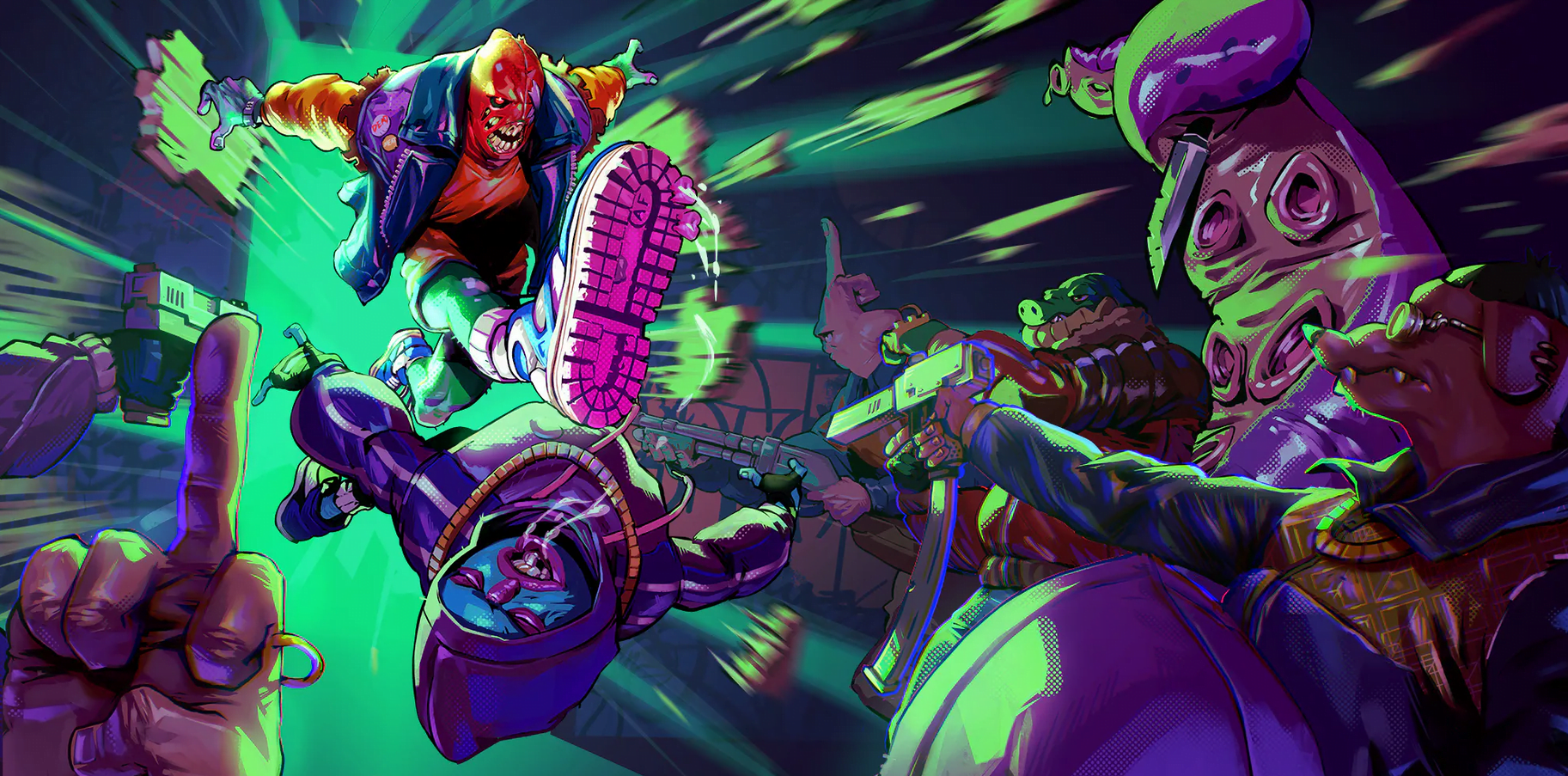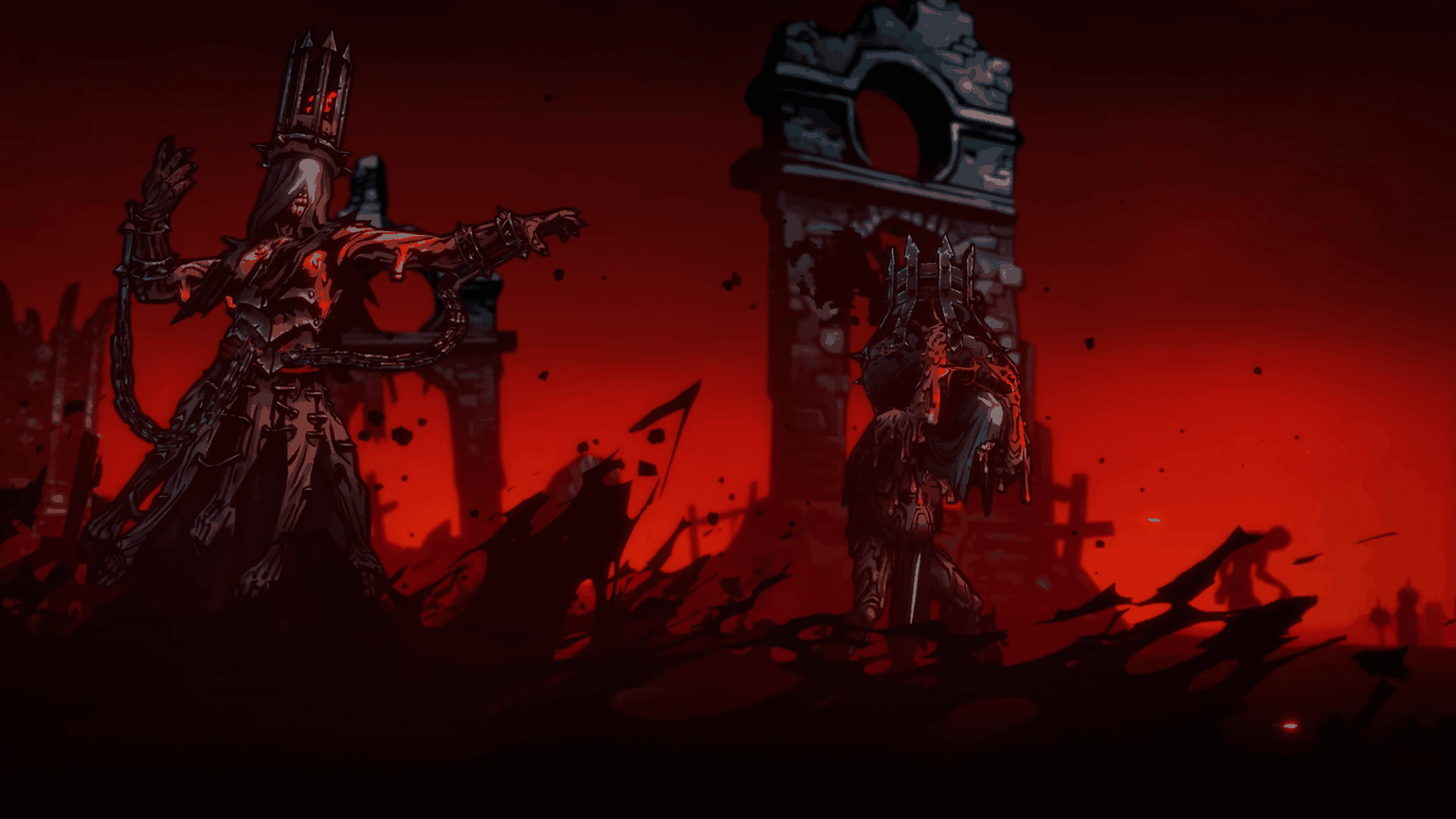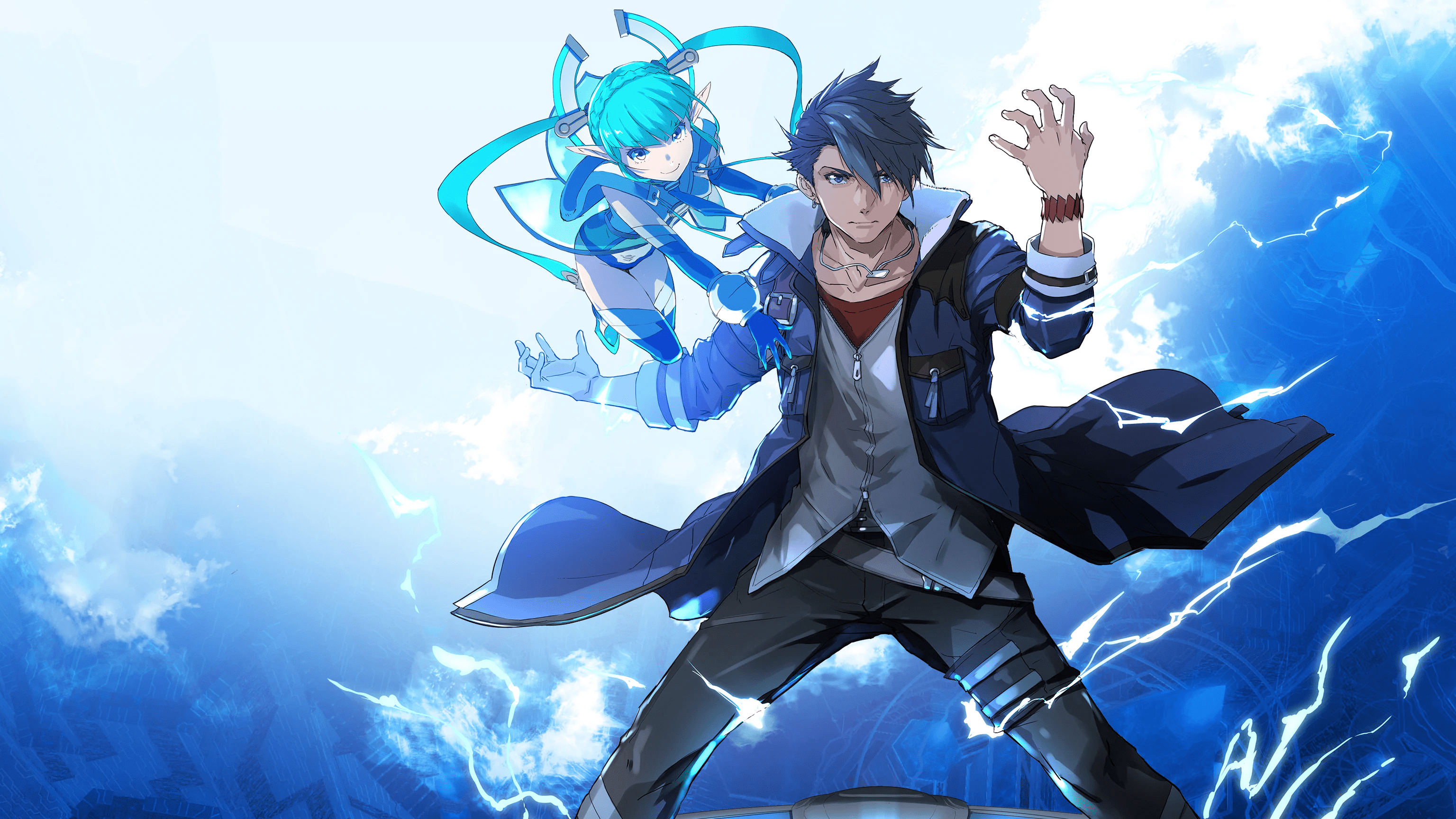The concepts behind Brass Token’s The Chant were enough to make me want to play it when it was announced. Having had the chance to dive into it for review, even though its execution is far from perfect, I found it to be a somewhat serviceable unintentionally breezy third-person action horror experience.
Jess, a troubled young woman looks to her friend Kim for a way to escape the terrible thoughts and hallucinations that haunt her following a very traumatic event when the both of them were kids involving the death of her younger sister. Kim is part of a group that’s made their home in the isolated Grace island, where they take in the lessons of a so-called guru named Tyler, who bears a striking resemblance to Jared Leto.
It all sounds like a cult – well, it is – and as with cults in general, things don’t turn out too good for our friend. A freakish ritual is interrupted and her buddy ends up being possessed by an evil entity referred to as the Gloom, only to be left in a coma during the first couple of hours into The Chant.
The Gloom manifests itself in the form of a person’s fears, and through differently colored crystals, lays obstacles that Jess is forced to overcome in order to not only save her childhood buddy, but also the rest of the folks in the island. Mysterious powers come into play the more crystals she manages to get her hands on, which come in conveniently handy when fighting the monsters that haunt the moonlit spooky woods surrounding the camp.

There are some cool enemy designs in The Chant for sure, taking clear inspiration in Wiccan folklore woodland figures that make their homes in the dark recesses so very well put together by Brass Token. Some don’t even have a real shape, per se, and are formed by flies, and have a knack for suddenly and creepily manifesting themselves behind you.
The combat here is your standard third-person action affair, only without any firearms. All of Jess’ weapons are melee, and there are plenty of kinds to craft using a host of materials found all over Grace island. The creatures she faces are especially vulnerable to fire, so there are a few varied applications to that element put into her arsenal that work to put down more effectively different enemies.
Death comes whenever either of two things happen while playing The Chant. If Jess’ sanity gets to a low enough state, she starts having a panic attack and thus is unable to defend herself. Once the little that’s left runs out for good, it’s game over. Her health, obviously, also plays a part in keeping her on the up and up. The former, though, can be regained by meditating and spending the third resource, her spirit. Then again, you want to keep some spirit left in the tank as it’s what you need to use powers.

That’s where one of The Chant’s main problems comes into play. For a game trying so hard to be disturbing and hopeless when it comes to its setting and premise, it’s simply way too easy to survive. There’s plenty of items all around for you to craft tools with, and well as a constant supply of restoratives for all three of Jess’ stats. Fights also don’t offer a whole lot of challenge either, even of higher difficulty settings.
To top it off, the upgrade system quickly makes her absurdly powerful, further beating down whatever sense of dread The Chant hoped to build upon your time playing it. It’s an unbalanced system that honestly not have been a part of the game to begin with. This isn’t an issue that’s exclusive to this, though, as it sadly tends to plague horror games since the very first Resident Evil. Being too capable of a protagonist does away with any sense of desperation, and in The Chant’s case, that happens in the first few hours of play.
There are definitely some good ideas in this that would make it great horror if it weren’t for that dip in balance and the overall lack of imminent danger all throughout it. The idea of feeling helpless when you’re soaking in when trying to fight your own demons is a very strong foundation, and there have been some games in the genre that have successfully made existential horror their home, like the various entries in Amnesia, and the excellent SOMA, to name a few.
For how it turned out, The Chant isn’t necessarily a bad game. It just misses the mark where it counts, failing to provide any real scares or tension whatsoever. It delivers a serviceable action adventure horror romp that should take you a couple of sittings to get through. One with not enough reasons to come back to it once you’re done hearing what it has to say.





